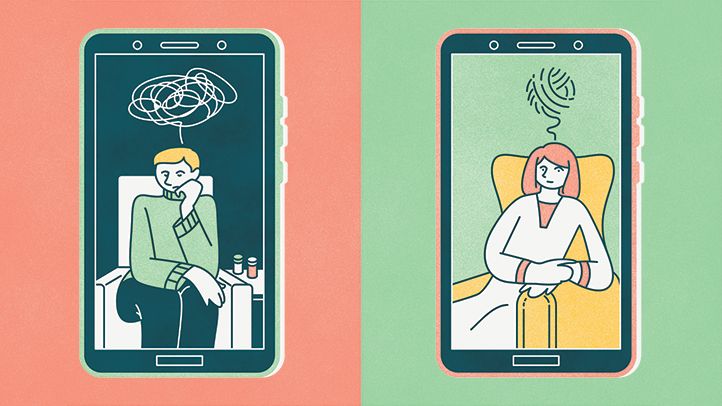
Behavioural Deaddiction
Ingesting drugs and alcohol may produce short-term rewards that then result in a lack of control over the behavior. Several behaviors similarly produce short-term rewards and result in a lack of control over the behavior.
How does someone get addicted to something without putting an addictive substance into the body? We now know that the brain can react to behaviors much as it does to drugs or alcohol. Certain behaviors produce a strong reinforcement in the brain that makes us want to do them over and over again, even if they interfere with our lives. The reinforcement of the behaviors can be so strong that some people go through withdrawal when they stop the behavior, just as in drug and alcohol addiction. They may become agitated, have trouble sleeping, undergo personality changes, and be irritable.
The scientific evidence of brain imaging, psychological assessments, and treatment that links these behaviors to substance addiction is strongest for gambling addiction, but the evidence is growing for the other behaviors discussed in our book. There are skeptics, though, and some of these skeptics are the people who struggle with the behaviors. “I don’t think my hair-pulling problem is anything like someone who is addicted to drugs,” someone might say. “Although I struggle with controlling the behavior, I don’t think it’s that bad.” Keep in mind that there are levels of severity for any addiction. Although certain drug addictions lead to the complete devastation of people’s lives, this does not mean that every- one with a drug addiction has the same level of problems. Similarly, some individuals with behavioral addictions may have significant consequences due to their behavior (such as bankruptcy, arrest, homelessness), but others function fairly well despite the behavior.
Skeptics of the idea of behavioral addiction further raise concern about whether mental health practitioners are simply making up disorders such as these to sell more pharmaceutical medications. Although we agree that some mental health problems are overdiagnosed, the behaviors we discuss in our book have been recognized for more than a century (with the obvious exception of Internet addiction). We are not proposing the introduction of new disorders but instead are recategorizing existing behaviors as a means of reflecting the scientific data, and with the hope of providing more effective treatment approaches.